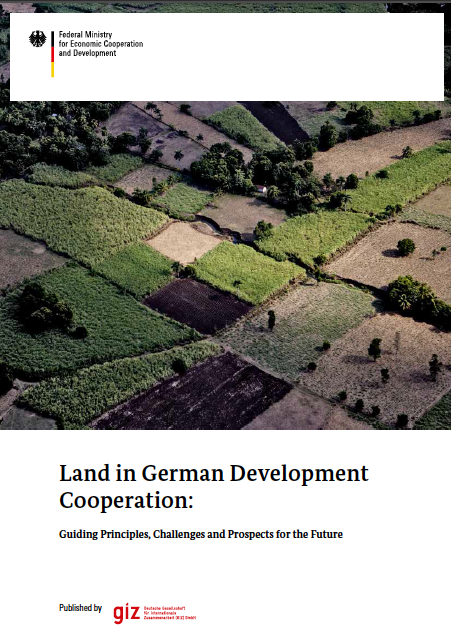Formalisation of land rights in Myanmar
Documents and analyses on land tenure in Burma/Myanmar.....
"1.Reconcile legality and legitimacy through clear legal recognition of existing
acknowledged rights, whatever their origin (customary or statutory) or nature
(individual or collective, temporary or permanent).
2.Initiate widespread debate on the choice of society that the land policies will
serve (and target), the opportunities for formalisation, how it will be implemented
and its possible alternatives.
3.Build consensus between all the actors concerned (central and local








